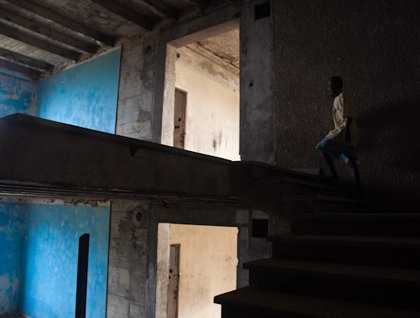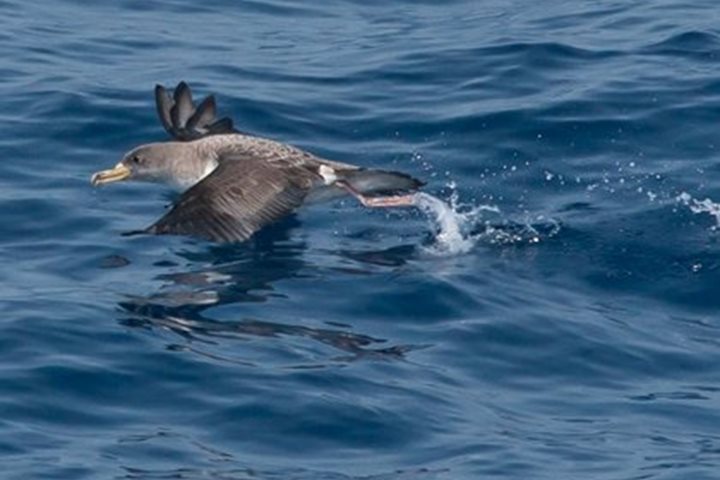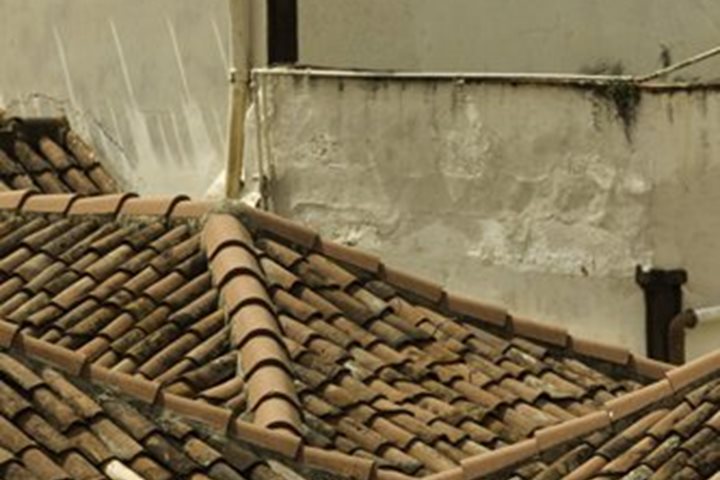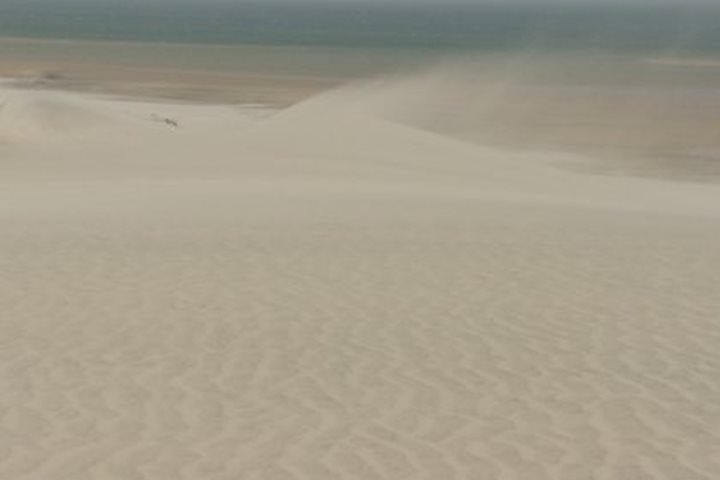We began the day at sea, with early morning sightings of dolphins, schools of flying fish, and several northern migrating birds, including the Arctic tern and Pomarine skua (a.k.a. Jaeger). The ship followed slowly behind them, as we approached our next port of call. After weeks of visiting former British, French, Portuguese, and German colonies along the West coast of Africa, we arrived today in Liberia – the one African country with strong ties to the United States and one of only two African nations that remained independent throughout the entire colonial period.
Martin Klein, our staff historian, lectured this morning about the fascinating and turbulent history of this country, which was settled in 1820 by two groups not native to the area: freed slaves from the U.S. and Africans from regions to the south who were liberated from slave ships en route to the Americas.
Yesterday I discussed the fact that ten years ago today 1,000 women marched on City Hall in Monrovia to demand a ceasefire and peace talks to end the civil war that wreaked havoc on the country for 14 years. We were all inspired to learn of the important role that Liberian women played in ending the conflict that left 250,000 dead, 75% of infrastructure destroyed, and 1/3 of the populations displaced. The women’s leader, Leymah Gbowee, won the Nobel Peace Prize for her efforts in 2011. She shared the prize with Liberia’s current leader, Madam President Ellen Johnson Sirleaf – the first female head of state in modern African history.
After an early lunch, we went ashore for a city tour that brought us face to face with both scars of the war as well as signs of recovery. We made a sobering visit to the Ducor Inter-Continental Hotel, perched atop a hill overlooking Monrovia. The haunting ruins of the hotel, pockmarked with bullet holes, were eerie reminders of the violent past and the slow pace of post-war recovery.
Our spirits were lifted, however, during a visit to Obaa’s School for Girls, where we saw the faces of the country’s future. Liberian singer Miatta Fahnbulleh founded the school for girls who lost their parents during the war.
Back aboard the ship in the late afternoon, we had a surprise visit by the U.S. Ambassador to Liberia, Deborah Malac, who provided an insightful briefing on the U.S. role in building local capacity to buoy the country’s post-war recovery. But the real star of the show was Mr. Chid Liberty, a vibrant young Liberian-American businessman, who wowed us with a fresh vision for building a just and sustainable private sector based on social entrepreneurship that he believes can promote economic growth with widespread positive social impact. It was a privilege to have an African voice in our midst. Thanks to Chid’s optimistic view for his country’s future, we set sail on a high note, continuing our journey northward toward Sierra Leone.







